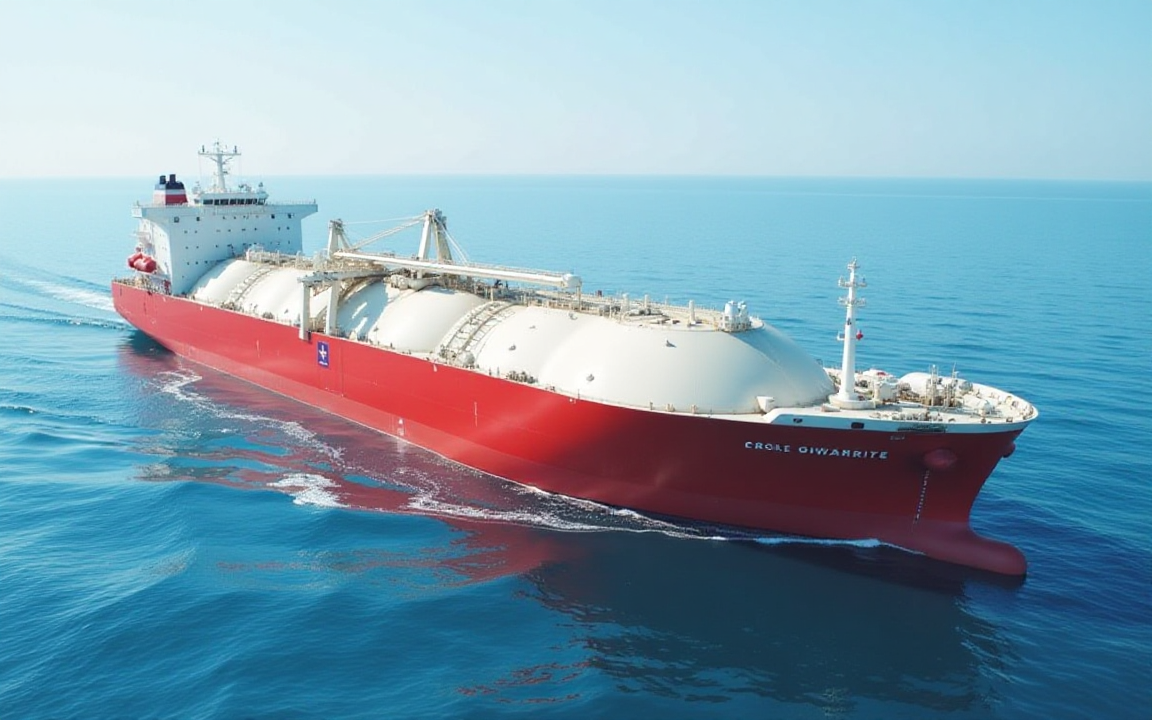Government officials and company managers stated that Russia, possessing the world’s largest natural gas reserves, is seeking solutions for its gas surplus, Reuters reported on Tuesday.
This comes as gas exports to Europe continue to fall, prompting Russia to consider alternative uses, such as powering data centres.
Prior to the significant geopolitical shifts of recent years, state-owned Russian energy giant Gazprom, a cornerstone of European energy supply, achieved peak natural gas export volumes to the continent.
Exports to Europe plummet
During the period spanning 2018-2019, Gazprom’s gas exports to Europe soared to an impressive range of 175 billion cubic metres (bcm) to 180 bcm annually, according to Reuters’ calculations.
This era represented a symbiotic relationship, with Europe heavily reliant on Russian gas to fuel its industries and heat its homes, and Russia benefiting from substantial revenues generated by these exports.
However, this intricate energy landscape was dramatically altered following the outbreak of the conflict in Ukraine.
The ensuing geopolitical tensions, coupled with sanctions imposed on Russia and Europe’s concerted efforts to diversify its energy sources, led to a precipitous decline in Gazprom’s gas exports to Europe.
Further declines expected
According to the report, these exports plummeted to a mere 32 bcm in 2024.
This stark reduction of over 80% underscores the profound impact of the conflict on global energy markets and the rapid reorientation of European energy policy away from its traditional reliance on Russian gas.
The long-term implications of this shift are still unfolding, affecting global energy prices, supply chains, and the strategic geopolitical positioning of various nations.
Exports are further projected to halve this year, dropping from 32 bcm in 2024, due to the cessation of Russian gas transit through Ukraine.
At the St. Petersburg International Economic Forum, Alexei Chekunkov, Minister for the Development of the Far East and the Arctic, stated that natural gas oversupply is a challenge for Russia’s northern regions.
Chekunkov said:
Previously, half a billion cubic meters per day went through the gas pipelines to the West, but now it does not, and the question of what to do with this gas is very urgent.
Chekunkov noted a growing investor interest in the gas chemical sector.
He also suggested that surplus gas could be utilised to generate power for data centres employing AI technologies, given the global surge in demand for energy to power such facilities.
Production
Gazprom’s gas production reached 416.19 bcm last year, a notable increase from the all-time low of 355.23 bcm recorded in the preceding year.
However, in 2024, the company’s total gas sales, encompassing both domestic and international markets, amounted to 361.7 bcm.
Additionally, the company utilises gas to meet its internal requirements, such as generating power for its gas fields and pipelines.
According to an Interfax news agency report, BitRiver, Russia’s leading data center operator, has indicated that large-scale cryptocurrency mining could utilise up to 10 billion cubic meters of associated petroleum gas annually.
Russia’s deputy energy minister, Pavel Sorokin, stated at the forum that natural gas production is excessively costly for use in data centers.
He suggested that the gas could instead be utilized for coal production, an industry currently grappling with various issues, including international sanctions stemming from the Ukraine conflict.
He said:
We are in a pretty tough situation with coal now. Why should we use expensive gas to create additional data capacity when we can build power plants at a (coal) mine.
The post Russia seeks solutions for natural gas surplus amid falling European exports appeared first on Invezz

